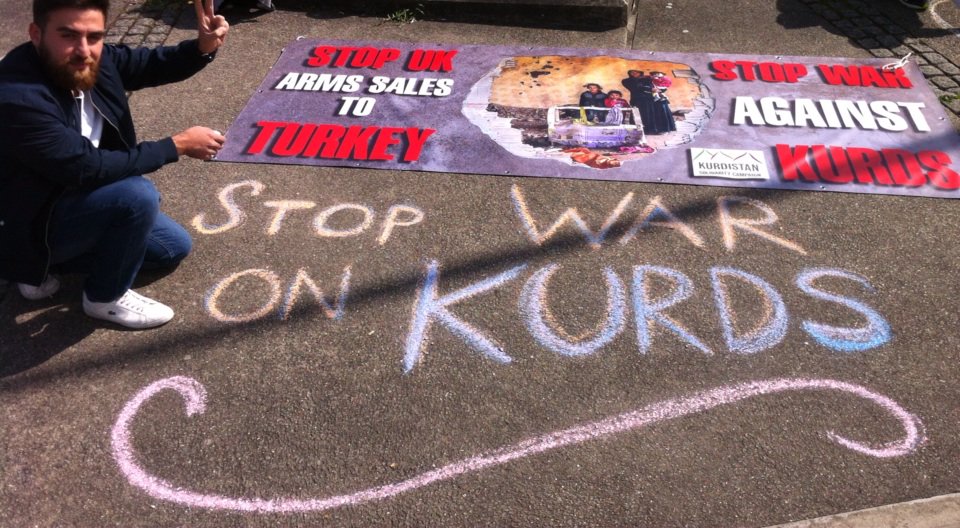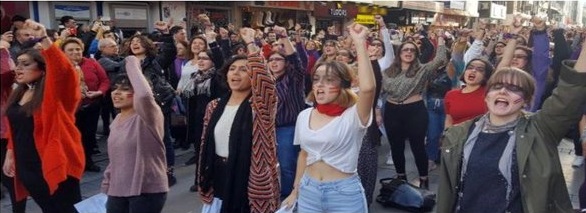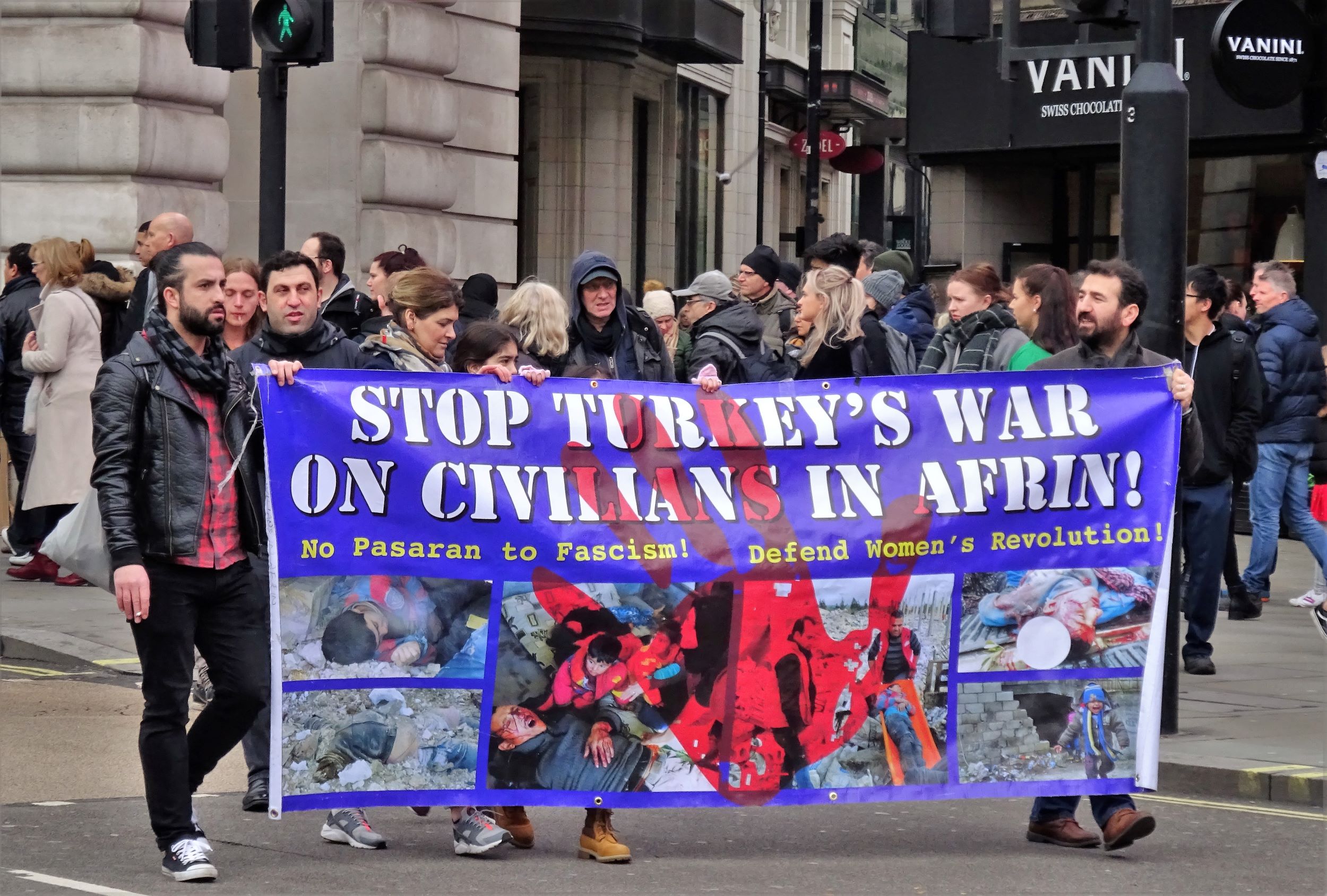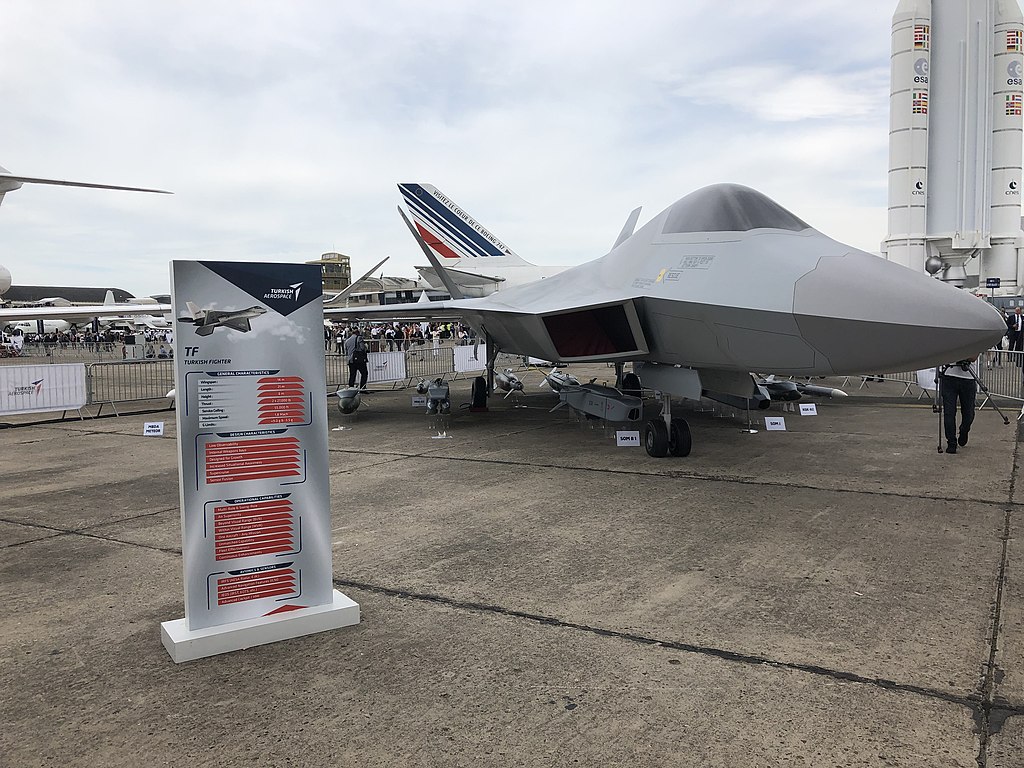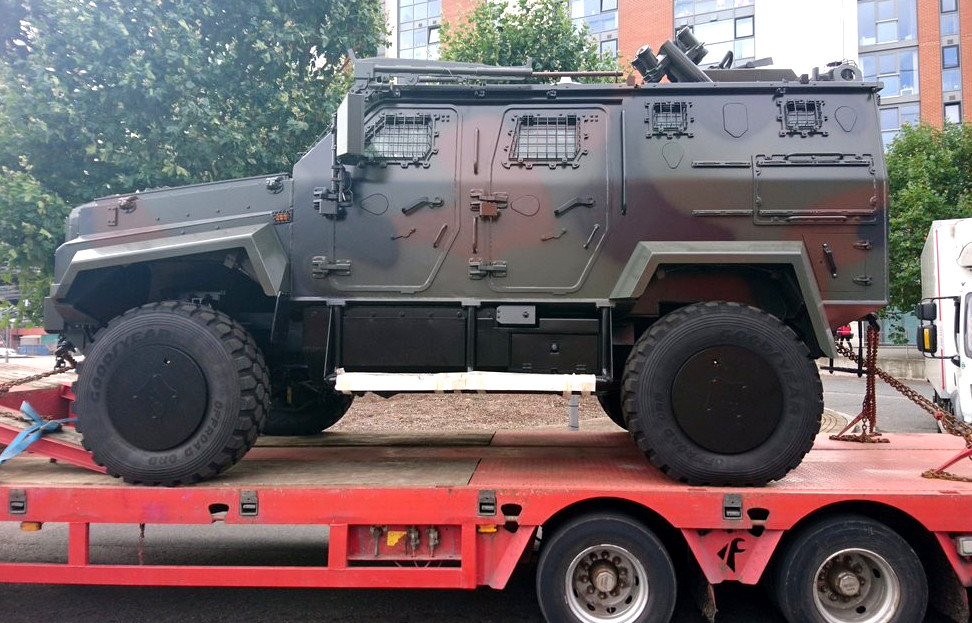Mounting repression, narrowing space for dissent
Under President Recep Tayyip Erdoğan, Turkish politics has taken on an increasingly authoritarian, one-man rule character. Since a failed military coup attempt in Türkiye in 2016, repression has escalated, with crackdowns against journalists, activists, human rights defenders, and opposition political figures. Shortly after the coup attempt, the government launched a purge of public sector workers, especially supporters (or suspected supporters) of the Gulen religious movement (which Erdoğan blamed for the coup attempt), and the pro-Kurdish HDP party.
According to Amnesty International, 2021 saw a further deterioration in basic rights, including freedom of expression, right to protest, freedom of association, and media freedom. Those expressing dissent are frequently subject to prosecution under spurious charges of supporting “terrorism”, or in some cases of “insulting” the President or other public officials. Detainees have reported the use of torture and sexual violence in Turkish prisons.
The Erdoğan regime has also made a concerted effort to supress one of the main opposition parties, the HDP (Halkların Demokratik Partisi, People’s Democratic Party), a left-wing party which supports the rights of the country’s Kurdish minority, and which is allied to Kurdish parties. In January 2021, 108 HDP politicians, including former co-leader Selahattin Demirtaş, on charges related to protests in 2014 over the ISIS attack on Kobani, which turned violent. The prosecution is widely seen as a malicious attempt to target the HDP. Türkiye has also ignored rulings by the European Court of Human Rights requiring the immediate release of Demirtaş, who was already in prison on another charge. The government has also been trying, since March 2021, to shut down the HDP altogether, with a final rulingstill awaited. The HDP is accused of being linked to the Kurdish armed group, the PKK (Partiya Karkerên Kurdistanê, Kurdistan Workers Party), considered a terrorist organisation by Türkiye, the US and the EU.
Reporters Without Borders (RSF) rates Türkiye 149th out of 180 states for media freedom. According to RSF, 90% of the national media is now under government control. Critical journalists and media are subject to arbitrary arrest and closure, and spurious lawsuits. Currently, 24 media workers are in jail in Türkiye. Online censorship has also taken a serious turn for the worse, with the passage of a new ‘disinformation’ law in 2022, criminalising the sharing of information deemed to be false.
Türkiye is rated by the Freedom House Freedom in the World survey for 2022 as “Not Free”, with a combined score for political rights and civil liberties of 32 out of 100. The severe worsening of the situation is underlined by the sharp decline in this score, which stood at 61 in 2013, with the country still rated as “Partly Free” as recently as 2017.
In May 2023, President Erdoğan was narrowly re-elected in an election characterised by persecution of opposition activists, and vastly unequal access to the media; in the second round of the Presidential election, state media would not even name the opposition candidate, Kemal Kılıçdaroğlu. As Erdoğan’s People’s Alliance also won the Parliamentary elections, there are now little or no checks on his power.

